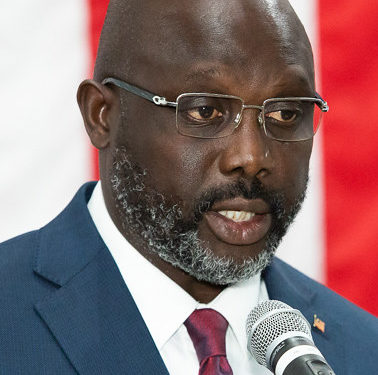According to the 2021 Transparency International (TI)’s Corruption perception Index (CPI), progress in the fight against corruption globally remains stagnant.
And this reality is well documented in sub saharan Africa, where 80 per cent of countries have stagnated in the last 10 years.
With an average score of 33 out of 100, the region showed no significant improvement on the 2021 ranking, according to TI, which says that the gains made by a handful of countries were overshadowed by backsliding or stagnation in others.
Some 44 of the 49 countries in the region assessed scored below 50.
Among countries in the region which significantly improved are Ethiopia, Angola, Cote d’Ivoire, Senegal, Tanzania, and Seychellis.
Covid-19, political conflicts and terrorist threats were identified as the main factors which connived to exacerbate corruption problems that already existed in countries that realized decline.
Liberia, although it recorded a one-point upward movement in its 2021 score, is identified as one of largest decliners in the period under review. It moved down 12 points, from 41 in 2012, to 29 in 2021.
President George Weah’s administration has been accused of not only ignoring calls to prosecute corrupt officials, it has also neglected to empower or adequately arm the institutions charged with fighting graft.
“Unresolved corruption allegations and a persistent culture of impunity are among the key concerns,” says the TI report, adding: “Inadequate resourcing of anti-graft institutions and a weak judiciary continue to undermine the fight against corruption in the West African nation.”
Liberia shares this category with two West African neighbors Mali, with a score of 29 and ranking 136, and Nigeria, with a score of 24 and ranking 154.
While in Nigeria the authorities are found wanting for inaction against powerful people involved in corruption, thereby creating a sense of impunity, in Mali deterioration of the security situation undermined key state functions, leading to corruption and human rights abuses.
Other countries in subsaharan Africa that realised decline include Botswana, South Sudan, Mozambique, Democratic Republic of Congo, Gabon, Equatorial Guinea, and South Africa.
According to TI, one of the biggest threats to progress is grand corruption – systemic corruption involving high-level public officials and vast sums of money, often accompanied by gross human rights violations.
All of these, it says, occur in the face of impunity.
Consequently, the continent loses tens of billions of dollars.
To break this cycle, according to the watchdog, the 2021 CPI results should serve as a “wake-up call.”
“The magnitude of corruption challenges requires responses much bolder than ever before,” it states.
“Sustainable progress on anti-corruption can only be achieved if societal and institutional checks on power are ensured. Governments must urgently roll back on the disproportionate restrictions on civil liberties and stop using the COVID-19 pandemic or ongoing conflicts as an excuse for stifling dissent.
And when allegations of abuse emerge, anti-corruption agencies and justice institutions must provide accountability – no matter how high-level the culprit,” it adds.






















